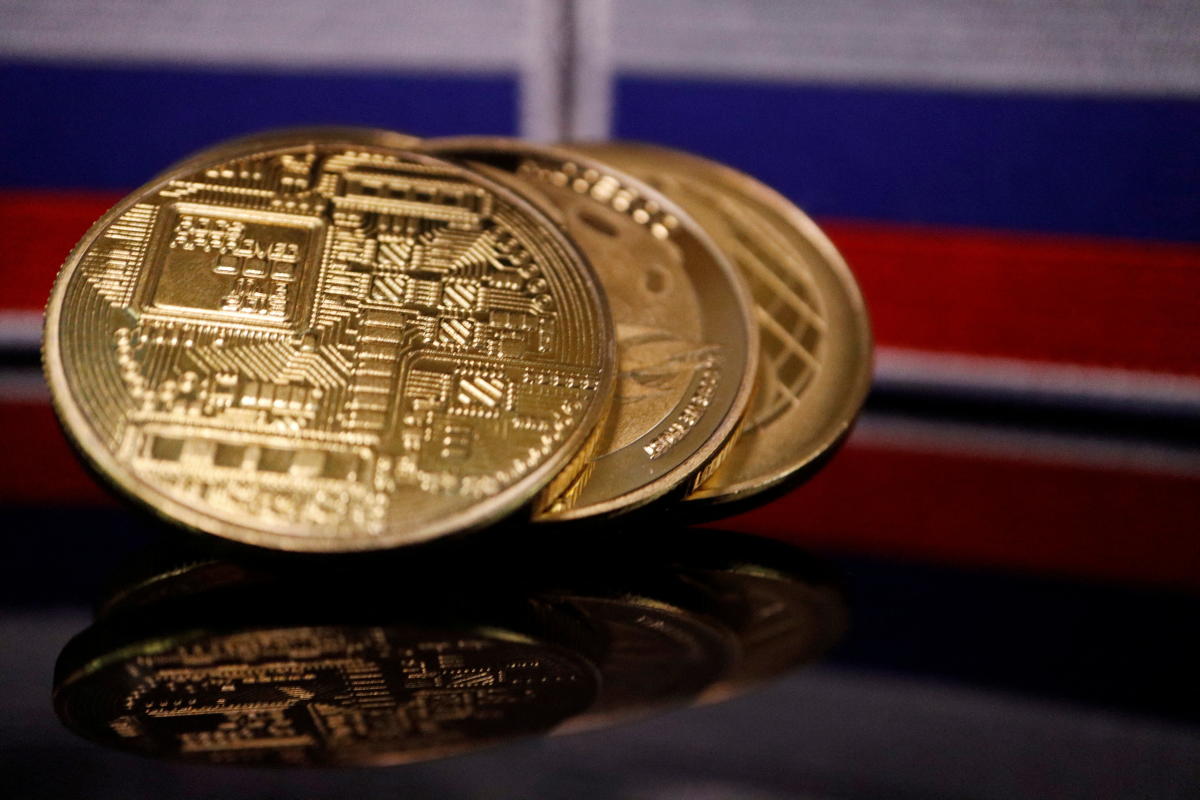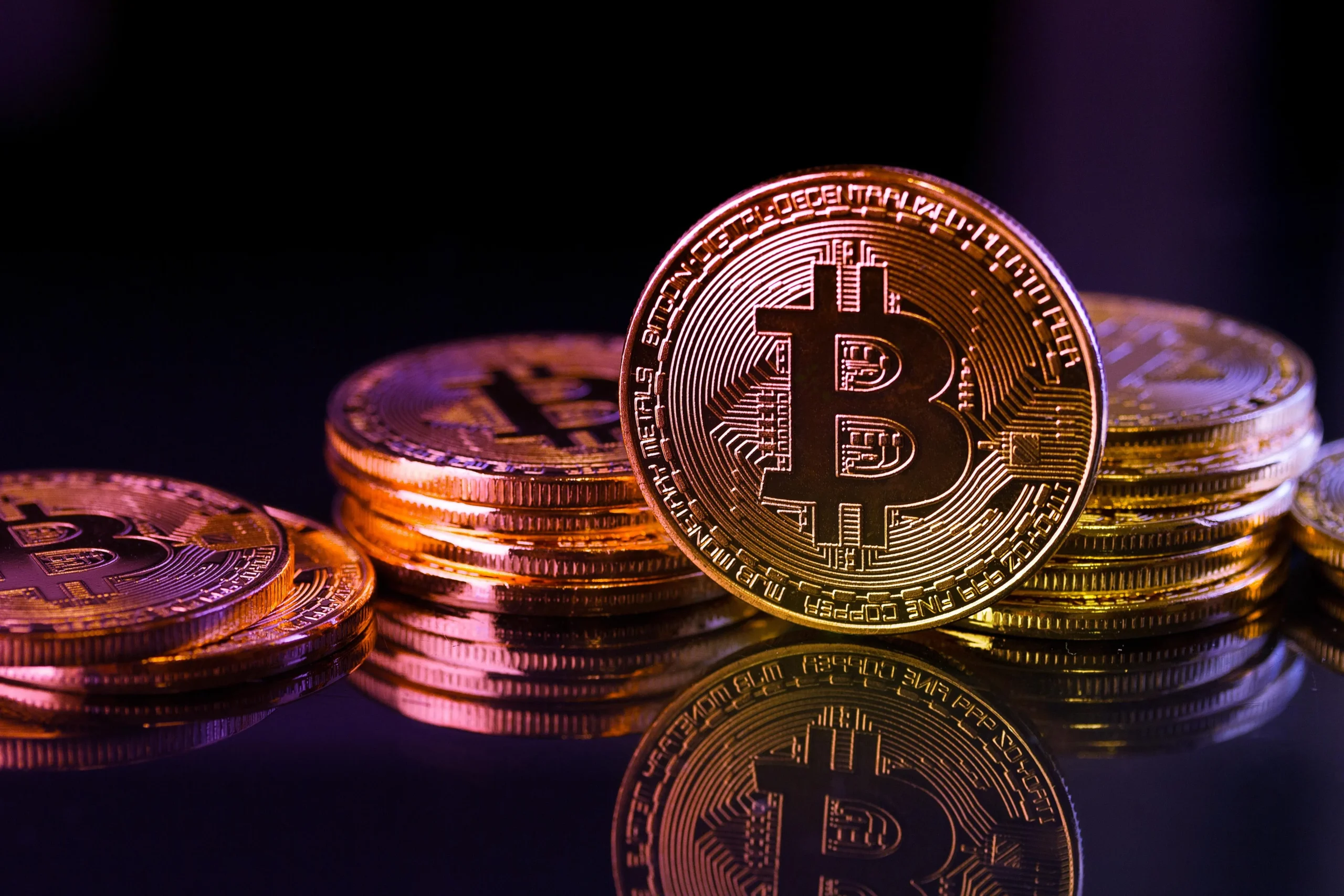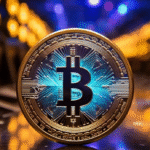Bitcoin falls returns to Syria the world’s largest cryptocurrency exchange by trading volume, has made a big announcement: it will start serving users in Syria again. This change comes after a major change in U.S. foreign policy. The Department of the Treasury’s Office of Foreign Assets Control (OFAC) has lifted some restrictions that have long made it hard for people in the war-torn country to get money. Due to geopolitical isolation and severe rules, Syrians have mostly been cut off from global finance platforms for years. The return of Binance to the Syrian market is a symptom of a bigger change in financial inclusion, especially in areas that are still rebuilding from long-term violence.
Sanctions Restrict Syrian Crypto Access
The US first put Binance returns to Syria more than ten years ago, when civil upheaval broke out there in 2011. Executive Order 13582, together with previous orders, made it illegal for Americans and American businesses to do business with Syrian banks and other financial organizations. These sanctions also applied to new technologies, like cryptocurrencies, even though early policy documents didn’t say anything about digital assets. To stay in line with OFAC rules. Major exchanges like Coinbase. And Kraken used harsh geo-blocking methods. Syrian users trying to use these services were barred from doing so by IP bans. KYC rejections. And blocked withdrawals.
 But the global crypto ecosystem kept changing. And decentralized finance (DeFi) and peer-to-peer (P2P) solutions became other options for people in areas that had been banned. Even with these few workarounds. The Syrian people couldn’t develop wealth. Send money. Or protect their investments during times of currency devaluation and economic collapse since they didn’t have formal access to safe. Centralized platforms.
But the global crypto ecosystem kept changing. And decentralized finance (DeFi) and peer-to-peer (P2P) solutions became other options for people in areas that had been banned. Even with these few workarounds. The Syrian people couldn’t develop wealth. Send money. Or protect their investments during times of currency devaluation and economic collapse since they didn’t have formal access to safe. Centralized platforms.
OFAC Eases Syrian Crypto Restrictions
In early 2025, OFAC released a new set of rules that eased some of the Binance returns to Syria, especially those that made it harder for digital tools and humanitarian aid to get through. The new policy lets U.S.-based and global fintech companies offer financial and technical services to Syrian citizens as long as they follow tight rules against money laundering (AML) and financing terrorism (CTF). The goal of this program was to promote economic empowerment, reconstruction of civil infrastructure, and digital participation that is not political.
This legal clarification opened a small but important door for crypto exchanges like Binance to look at their compliance frameworks again and think about how they may reconnect with their Syrian users.
Binance Reenters Syria With Compliance
Binance returns to Syria return to the Syrian crypto market was quick and well-planned. The exchange has made it plain that it can only work with Syrian users again if certain conditions are met. Binance returns has put in place a strong compliance system that includes better KYC rules, IP tracking, blockchain forensic tools like Chainalysis, and strict adherence to U.S. regulatory norms. Users in Syria must show numerous kinds of identification and have their transactions watched all the time to make sure they are legal and open.
This action isn’t just for charity. The reopening of the Syrian market, even though it’s small, is important in a symbolic way. It fits Binance into a global story about financial inclusion and decentralization, which makes it look better as a company that helps people gain economic power across borders. As long as the rules allow it, the move also establishes a precedent for how Crypto Income firms would be able to interact with people who were previously banned from doing so because of political restrictions.
Crypto Access Empowers Syrian Youth
Binance’s return is a new lifeline for Syrians. Especially young people who are good with technology and digital freelancers. Over the past ten years. The value of the Syrian pound has dropped by more than 90%. As a result. People are looking for U.S. dollars and cryptocurrencies as repositories of value. Binance’s spot and P2P platforms will give users access to stablecoins like USDT and USDC. Which will help with everyday transactions. Savings. And sending money across borders right away.
 Also, allowing Syrians to use cryptocurrencies gives them new ways to get involved in the global digital economy as developers. Artists. And business owners. Syrians can avoid old infrastructure and connect directly with global markets with blockchain-based services like non-fungible tokens (NFTs). Smart contracts. And decentralized banking.
Also, allowing Syrians to use cryptocurrencies gives them new ways to get involved in the global digital economy as developers. Artists. And business owners. Syrians can avoid old infrastructure and connect directly with global markets with blockchain-based services like non-fungible tokens (NFTs). Smart contracts. And decentralized banking.
Final thoughts
The decision by Binance could also have an effect on crypto regulations around the world. As governments continue to talk about the role of digital currencies in international diplomacy. The Syrian example will undoubtedly come up in talks about how to reconcile following the rules with helping people. Binance’s careful but daring approach shows that crypto businesses may work within the law while still working toward their goal of making finance more accessible to everyone.
The move also shows how important it is to have more complex compliance tactics that go beyond basic bans and think about how they affect people in the real world. It suggests that in the future. Crypto platforms and authorities can work together to create tailored access solutions that help people in need without letting illegal money flow.









